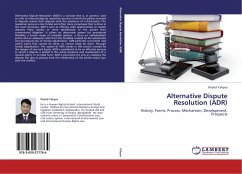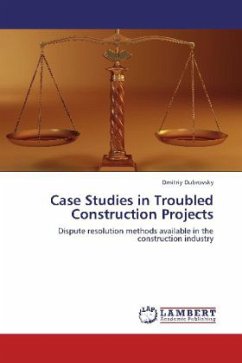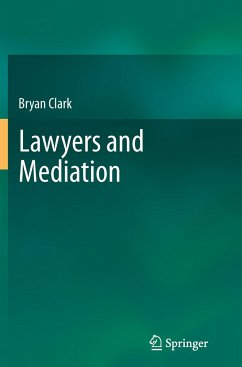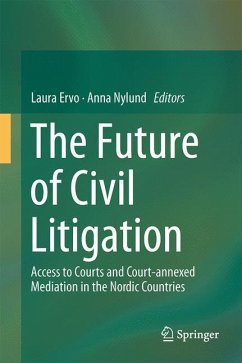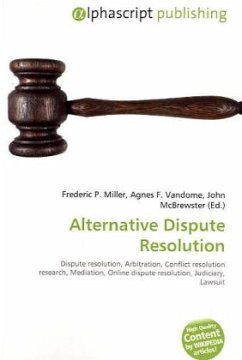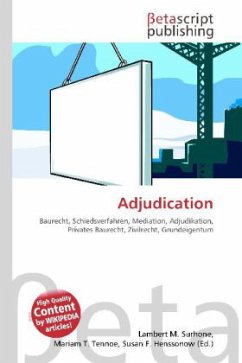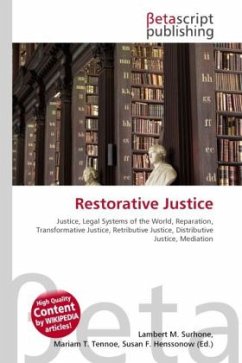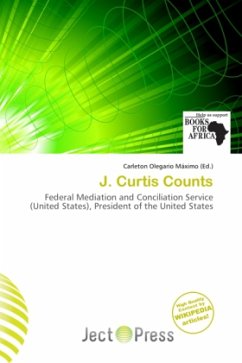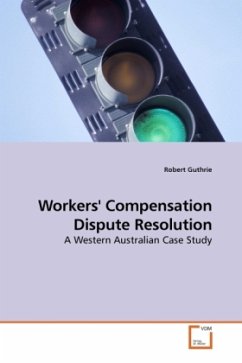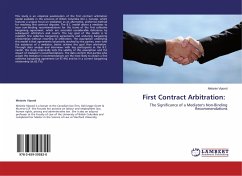
First Contract Arbitration:
The Significance of a Mediator's Non-Binding Recommendations
Versandkostenfrei!
Versandfertig in 6-10 Tagen
27,99 €
inkl. MwSt.

PAYBACK Punkte
14 °P sammeln!
This study is an empirical examination of the first contract arbitration model available in the province of British Columbia (B.C.), Canada, which features a unique focus on mediation as an alternative, preferred method for resolving first contract disputes. The B.C. model allows a mediator to issue non-binding recommendations for the terms of the first collective bargaining agreement, which are accorded considerable deference by subsequent arbitrators and courts. The key goal of this model is to establish first collective bargaining agreements and enduring bargaining relationships without res...
This study is an empirical examination of the first contract arbitration model available in the province of British Columbia (B.C.), Canada, which features a unique focus on mediation as an alternative, preferred method for resolving first contract disputes. The B.C. model allows a mediator to issue non-binding recommendations for the terms of the first collective bargaining agreement, which are accorded considerable deference by subsequent arbitrators and courts. The key goal of this model is to establish first collective bargaining agreements and enduring bargaining relationships without resorting to arbitration. The assumption underlying this model is that agreements voluntarily reached by the parties, even with the assistance of a mediator, better achieve this goal than arbitration. Through data analysis and interviews with key participants in the B.C. model, this study empirically tests the validity of this assumption and the impact of mediator's recommendations. The data confirm that parties who accept the mediator's recommendations are the most likely to obtain a first collective bargaining agreement (at 97.4%) and be in a current bargaining relationship (at 82.1%).



